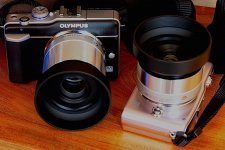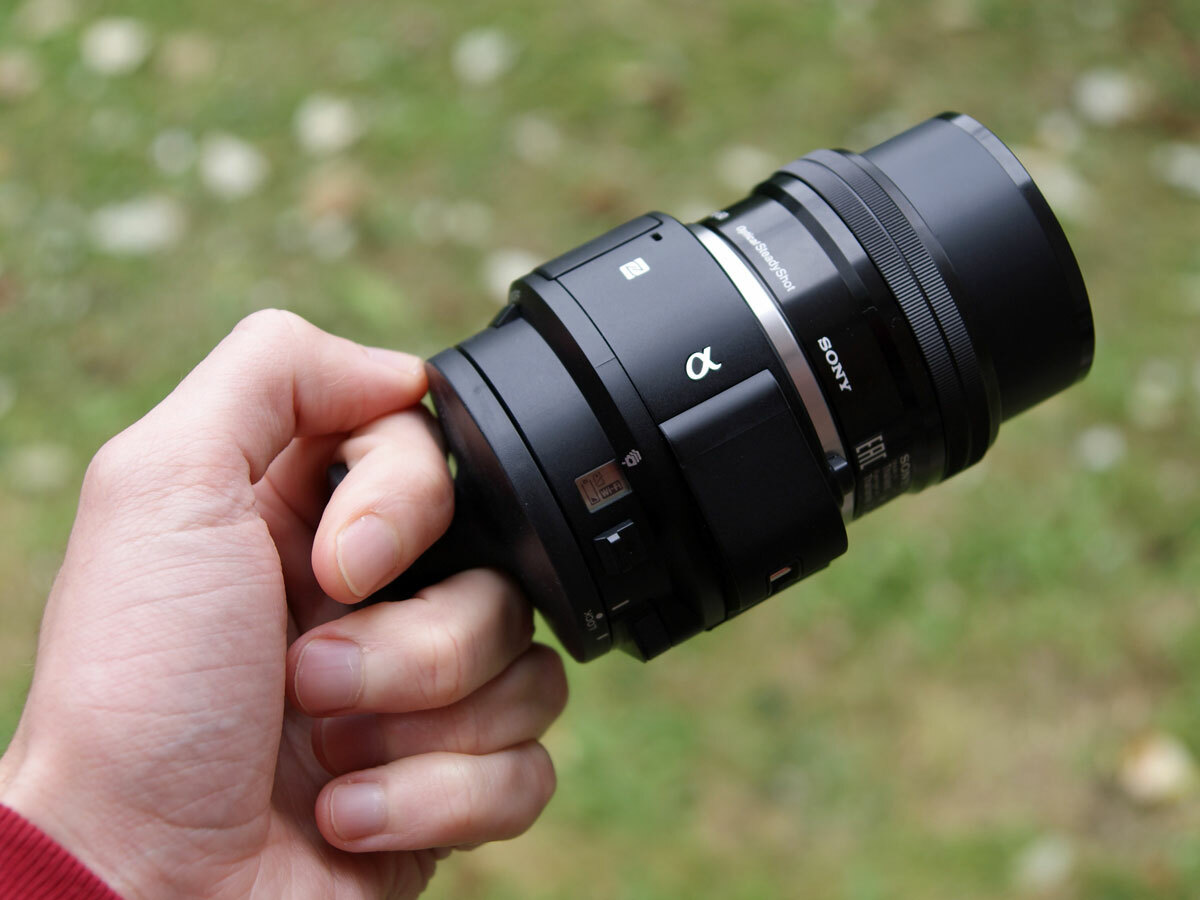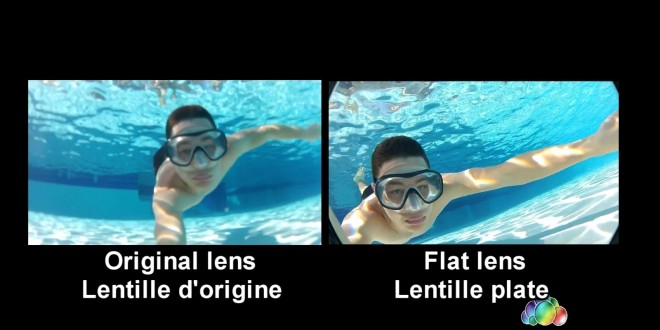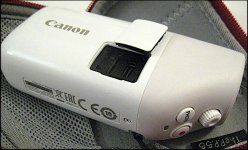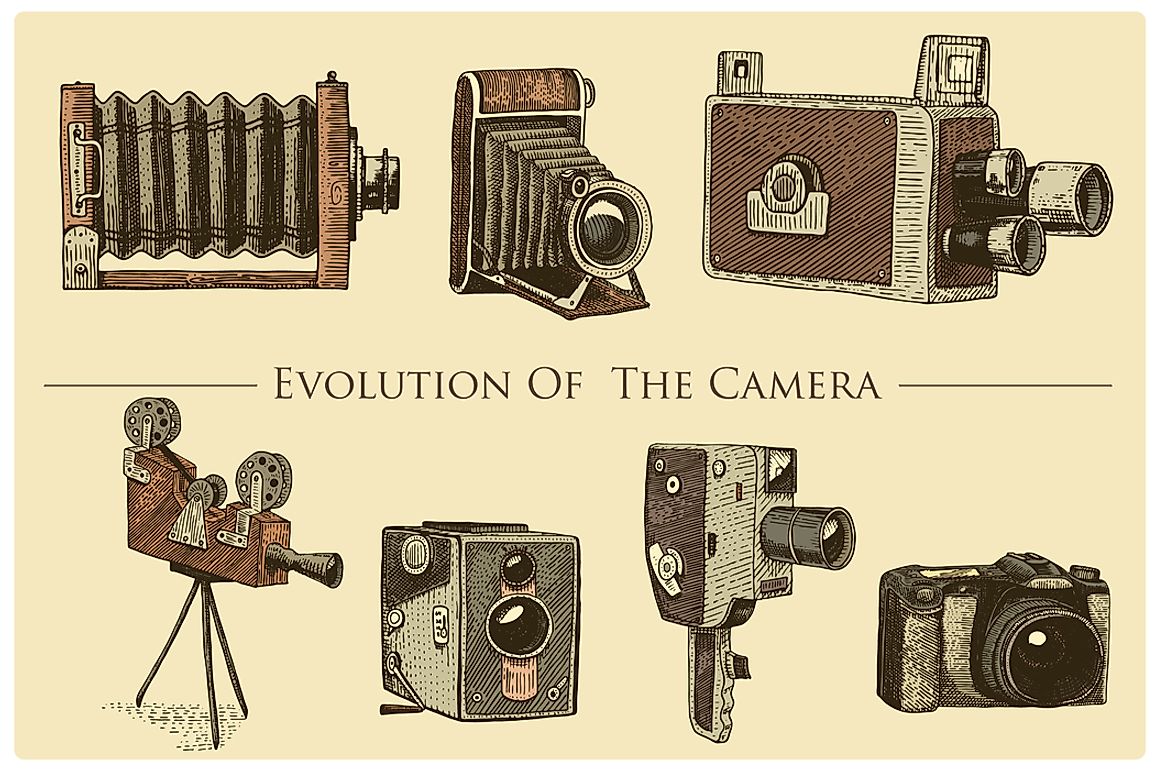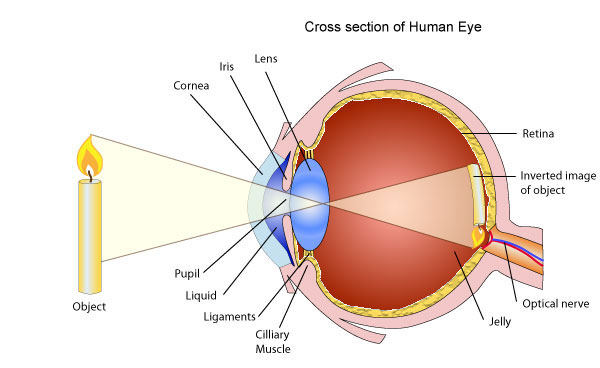- Messages
- 4,344
- Name
- Martin
- Edit My Images
- Yes
While the shop guy was checking my trade-in cameras for, well, whatever they check them for, I started looking at a large display of Sony mirrorless that were on the table. I noticed that the lenses were quite small but also that the cameras were really quite dinky. Later, that got me thinking about how small a camera could go and if there would come a time when you didn't change lenses as such, but attached a sensor to a lens. I was thinking that all the controls could be put in the lens body and all you had to add was a very small and thin box containing the sensor. This would have the advantage of being able to choose a lens from any manufacturer and just attach your own sensor because all the controls would be on the lens itself and the viewfinder on the rear of the sensor. I suppose it might be hard to hold though.
Just thinking out loud really.
Just thinking out loud really.


